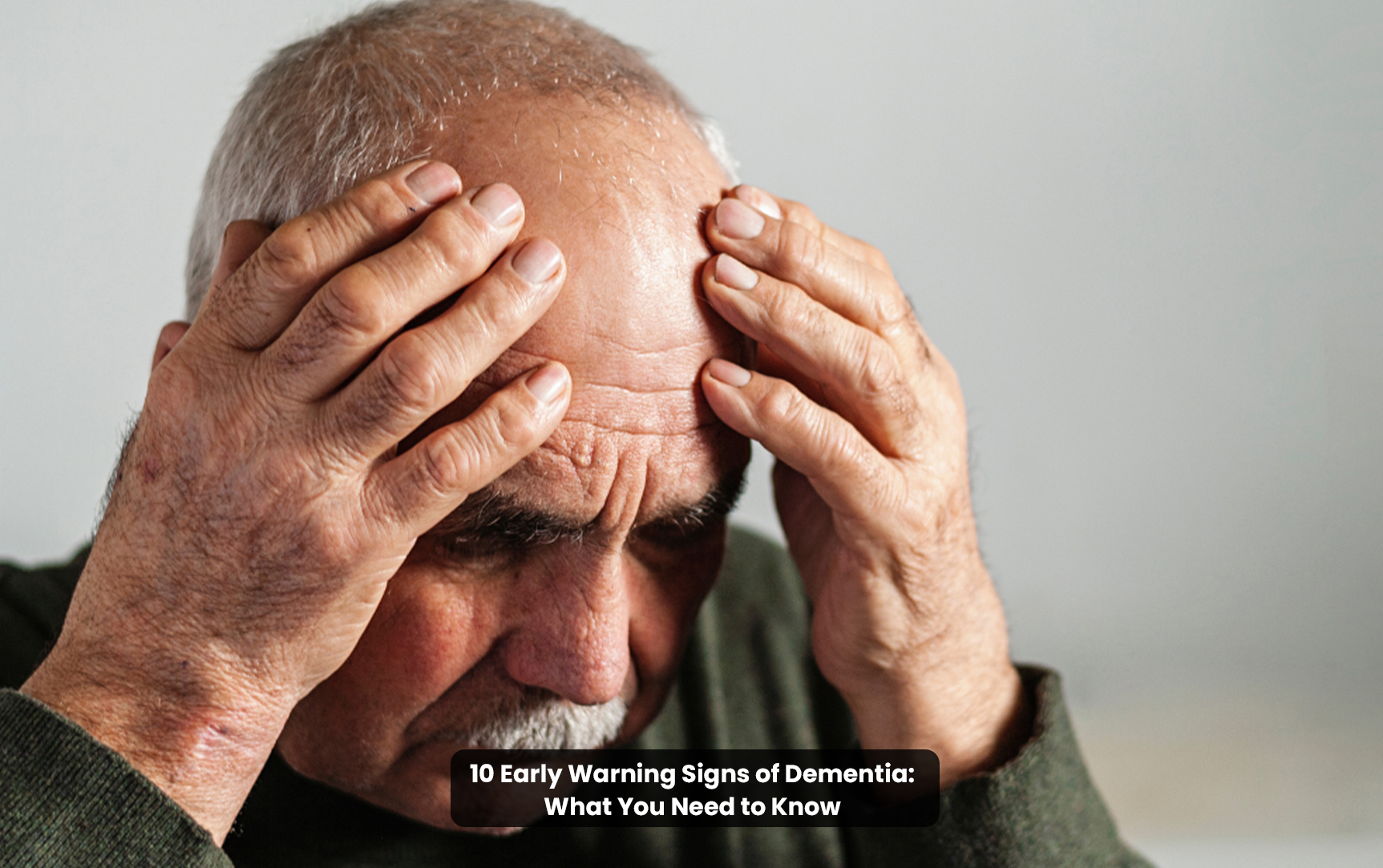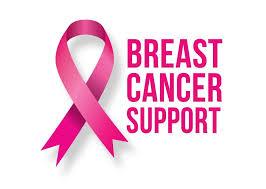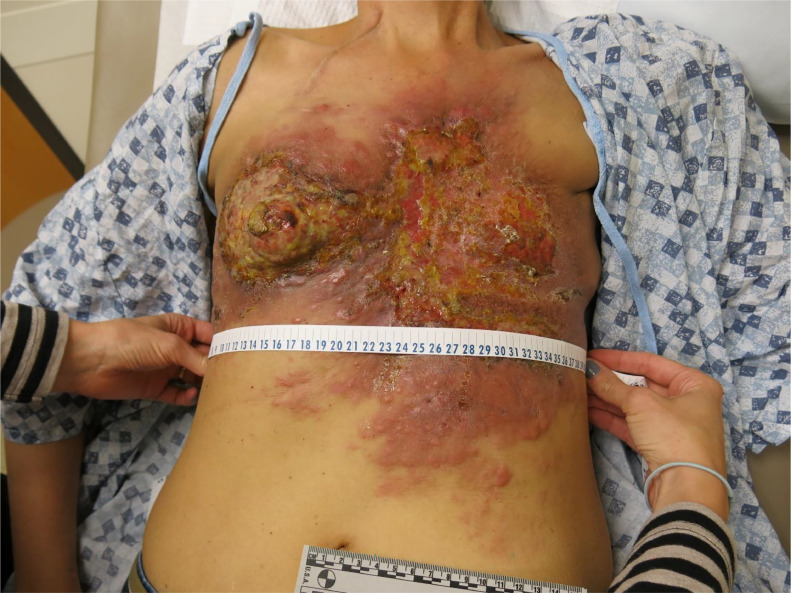Dealing with a recurrence of breast cancer can be quite distressing. Prioritizing your emotional health is equally as important as your medical team’s focus on treatment. In addition to helping you deal with the diagnosis, emotional health fortifies your will to stick with therapy and preserve a higher standard of living.
This manual focuses on useful mental health techniques and tools designed especially for those dealing with breast cancer recurrence.
Mental Health Treatment Options for Breast Cancer Recurrence
1. Counseling, Psychology, and Psychiatry
You can process challenging emotions, lower anxiety, and create stress-reduction techniques by working with a therapist or counselor. Patients are frequently assisted in changing harmful thought patterns and creating healthy daily routines by methods such as Cognitive Behavioral Therapy (CBT).
For mental health issues that develop during treatment, psychiatrists may also recommend medication. In order to better understand your particular issues, it can be quite beneficial to look for a physician with oncology experience.
- Find mental health professionals through the American Psychological Association
- For urgent support, visit MentalHealth.gov for crisis lines and referrals
2. Teletherapy
Virtual mental health care through video calls, phone, or messaging has become increasingly effective. Teletherapy is particularly helpful for those living in rural areas or preferring the privacy of home. Studies show teletherapy can be just as effective as in-person sessions (source).
- Popular online therapy platforms can be found through the APA’s Therapist Locator.
3. Cancer Support Groups
Connecting with others who share your experience can be incredibly validating. Both in-person and online support groups allow you to share emotions, gain advice, and feel less isolated.
- National Cancer Institute Support Groups
- American Cancer Society
- CancerCare offers free 15-week online programs for breast cancer survivors
Other organizations hosting support events include:
- National Breast Cancer Foundation
- Living Beyond Breast Cancer
- Here for the Girls
4. Mind-Body Practices
Yoga, meditation, tai chi, and qigong can reduce stress, improve sleep, and boost overall well-being. Research shows these practices improve quality of life in cancer patients when used alongside traditional therapies (source).
You can find classes locally or online through apps and instructional videos.
5. Spiritual and Pastoral Support
For those who find strength in faith, spiritual guidance can help restore hope, provide comfort, and promote a positive outlook during treatment.
6. Massage Therapy
Massage therapy can ease stress-related muscle tension and enhance relaxation. Techniques like Swedish, deep tissue, or craniosacral massage may be beneficial. Locate licensed massage therapists through the American Massage Therapy Association.
Mental Health Challenges During Breast Cancer Recurrence
A breast cancer recurrence often brings intense emotions. Research suggests 10–32% of women may experience PTSD following a diagnosis (source). Emotional challenges can include:
- Anxiety and excessive worry
- Depressed mood or sadness
- Irritability and mood swings
- Social withdrawal
- Sleep disturbances
- Loss of focus or motivation
Understanding these signs can help you seek timely mental health support and maintain your overall well-being.
The Connection Between Mental and Physical Health
Physical and emotional well-being are intimately related. Sleep, diet, and exercise—all essential elements of cancer care—can be impacted by stress and depression. According to a 2023 study, depression may affect recovery and raise the chance of receiving a cancer diagnosis (source).
Taking care of mental health issues can help you become more emotionally resilient, adhere to therapy, and develop good lifestyle choices.
When to Seek Help
Consider reaching out to a mental health professional if you experience:
- Persistent sadness or hopelessness
- Withdrawal from friends, family, or hobbies
- Extreme fatigue or sleep problems
- Unexplained aches or pains
- Substance misuse or unhealthy coping mechanisms
For crisis support:
- U.S. Residents: Call or text the 988 Suicide and Crisis Lifeline, or chat online at 988lifeline.org
- Crisis Text Line: Text HOME to 741741
- International: Find helplines at Befrienders Worldwide
- Call 911 if there is immediate danger
Takeaway
An essential component of breast cancer treatment is supporting your mental health, particularly if you are experiencing a recurrence. Mind-body techniques, teletherapy, support groups, and counseling can all help people become more emotionally resilient and less stressed. Spiritual counseling, massage treatment, and meditation are examples of complementary therapies that enhance wellbeing.
Throughout this difficult road, proactive measures to preserve your mental health can enhance treatment compliance, quality of life, and your general perspective.
Additional Resources:
- Breast Cancer Hub – Comprehensive information on breast cancer treatment and support
- Living Beyond Breast Cancer – Mental health and survivor resources
- CancerCare – Free counseling and support programs















